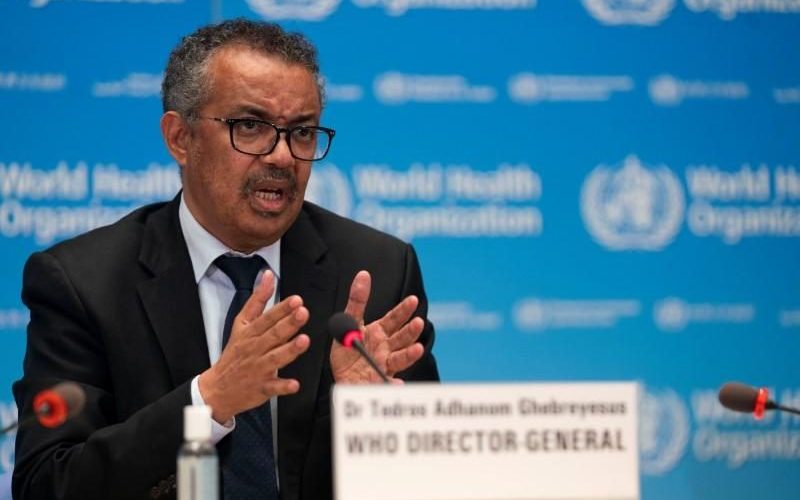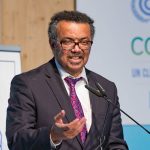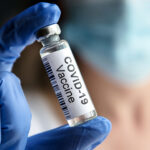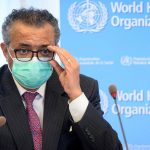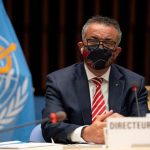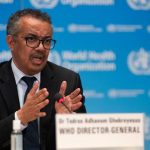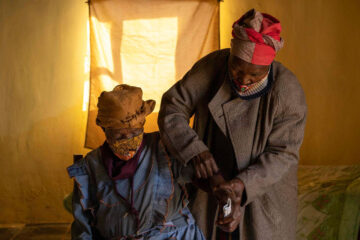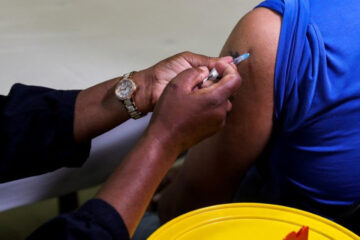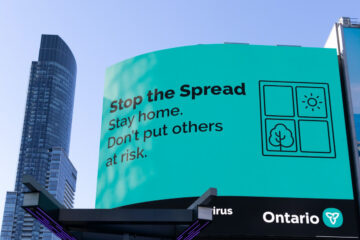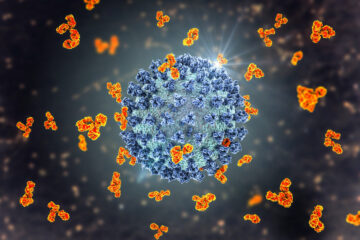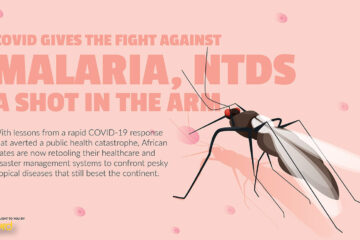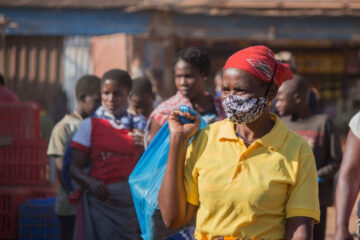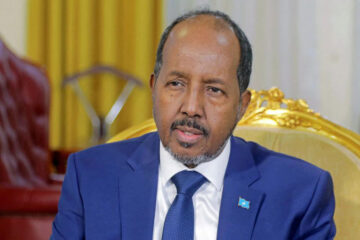MUKHTAR KARIM
LAST week WHO Director Tedros Adhanom railed against ‘vaccine nationalism’, warning that ‘going it alone will perpetuate the economic and health crisis for all’.
If history is any guide, he is right: if and when a vaccine is available, its effects will be limited to the world’s richest countries. The fantasy of a vaccine that, almost overnight, can eradicate COVID worldwide, is comforting but unrealistic.
The UK and US, two of the richest countries in the world, took almost thirty years to eradicate polio after a vaccine was first produced in the 1950s. It was finally eradicated in Africa last month, and remains a threat in other parts of the world.
COVID eradication over several decades may be the best-case scenario, not the worst. COVID is more infectious than Polio, and there is also a more global movement of people today than there was thirty years ago. Trying to vaccinate people faster than the virus can spread will be no mean feat.
Polio only really began to retreat after the WHO began a coordinated effort to control it in 1988. If we want the same success more rapidly with a Covid vaccine, we will need a global, not a national effort.
Leaders in Europe and North America must remind themselves that vaccination is a first-world privilege. For most of us before 2020, deadly infectious diseases were a thing of the past. We only thought about them when getting inoculated before an exotic holiday, or when vaccinating our children.
However, if you fall on the wrong side of the global poverty line, infectious diseases have long been a matter of life and death. An estimated 1.5 million people die every year from vaccine-preventable diseases – significantly more than the global COVID death toll to date.
Poverty continues to be an unfortunate determinant in health, and coronavirus is exacerbating it. COVID is both a physical and economic disease and is estimated to push up to 100 million people into poverty in this year alone. We cannot also allow poverty to determine access to the coronavirus cure.
This means going against the grain of epidemiological history. The fact that Covid has affected richer countries more acutely than many of the poorest may mean this is possible.
The situation is in stark contrast to that of Ebola, a disease against which we have only now produced a viable vaccine despite its emergence over forty years ago. The pharmaceutical industry wasn’t interested in developing a vaccine against a disease that mostly affects poor African countries. There was simply no money in it. This also probably explains why we still have no effective vaccine against HIV/AIDs; three-quarters of HIV/AIDS fatalities are African.
Luckily for poor Africans, coronavirus affects wealthy countries too. However, it also means that rich nations are racing to get their hands on the vaccine for their own citizens, and are likely to hoard it for themselves.
This is exactly what happened with the Swine Flu pandemic a decade ago. The poorest countries were pushed to the back of the queue as the rich hogged the vaccine. President Obama even delayed donating vaccines to poorer nations, in favour of distributing to US citizens.
The Trump administration is adopting an even more hardline stance now, refusing to join the global vaccine effort, preferring to go it alone while cutting funding to the WHO.
We cannot shut down borders forever, and global movement – whether tourism, business travel, or regular or irregular migration is more common than ever.
For the foreseeable future and even once a vaccine is discovered, people will continue to travel all around the world, spreading coronavirus as they do.
This means that a vaccine is only useful if everyone has it. We have to ensure that everyone gets it, from a farmer in Senegal to a banker in the City of London, in order to protect them both.
This can only happen with global coordination. We need to encourage the benefits of multilateralism, and not nationalism, to all.
The WHO’s Covax scheme, which aims to ensure the equitable distribution of the coronavirus vaccine worldwide, has been stalled as rich nations have opted for bilateral deals rather than multilateral coordination.
There must be a replacement – perhaps by a body that doesn’t have the political baggage of WHO, or perhaps through direct multilateral agreements between states. A vaccine is only a vaccine if it is a vaccine for all. – Thomson Reuters Foundation.
- Mukhtar Karim is CEO of the Lady Fatemah Charitable Trust.

